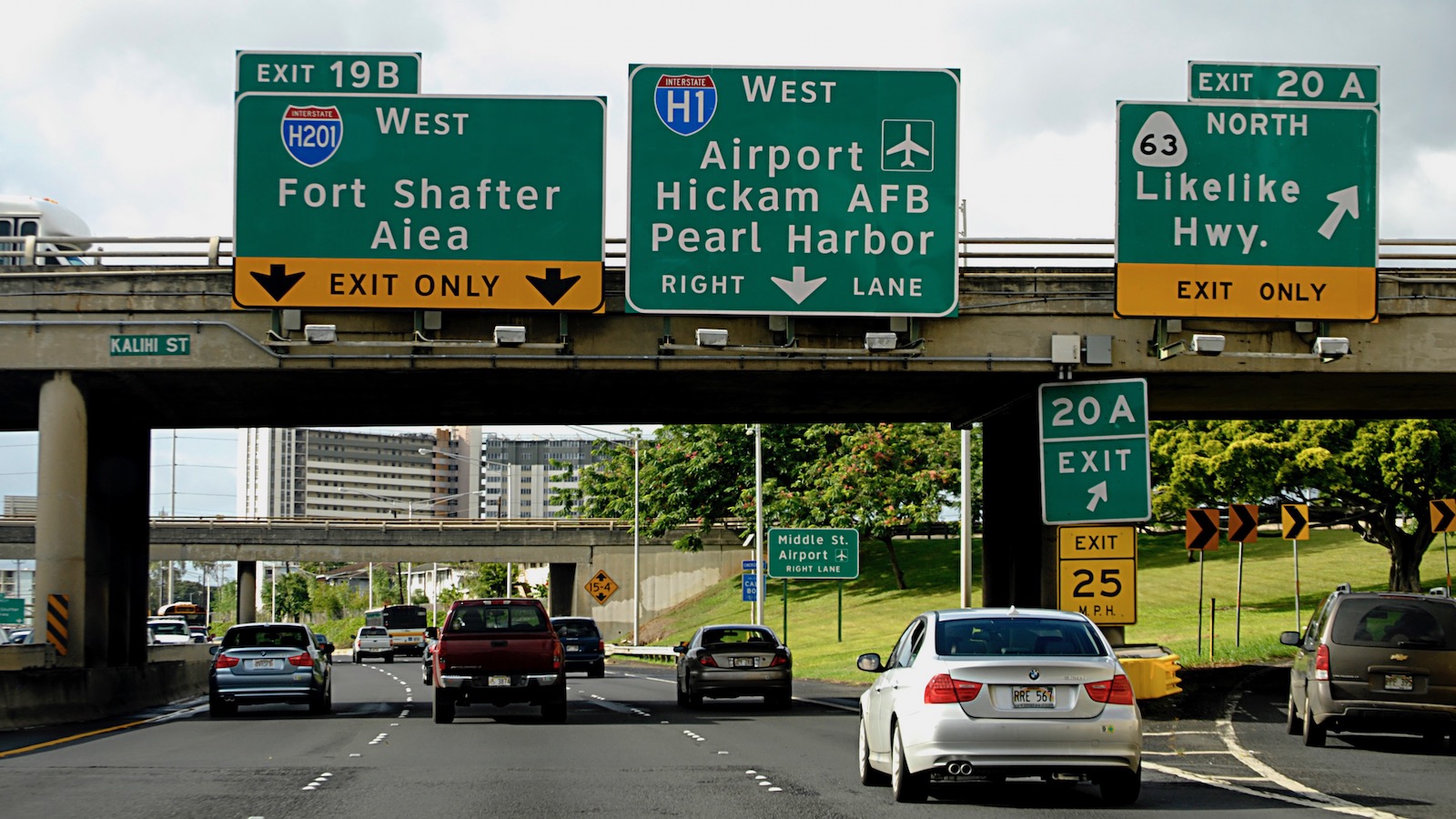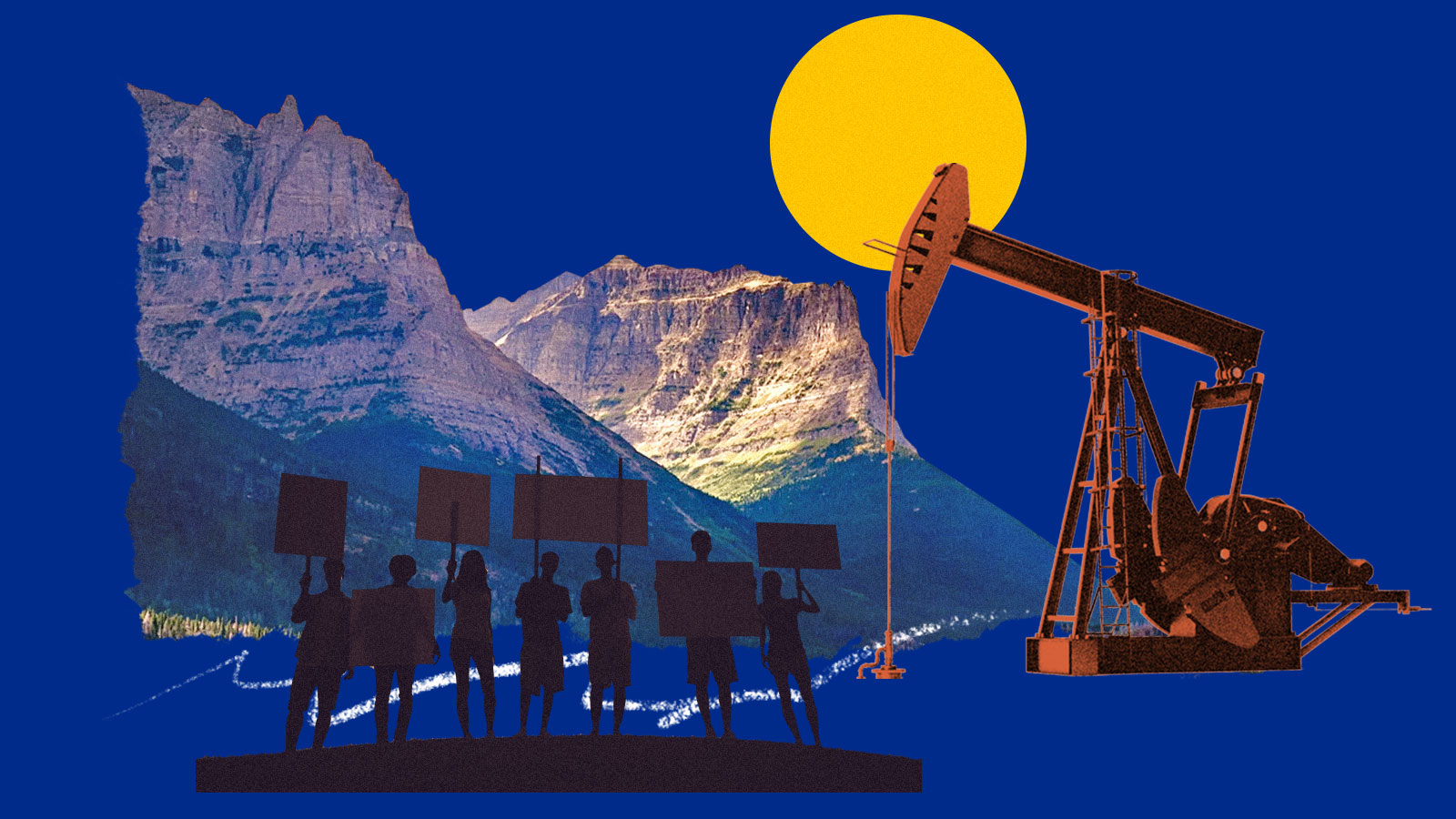Kaliko is excited to get her day in court.
The 13-year-old is one of 14 Hawaii youth suing the state Department of Transportation over its role in promoting greenhouse gas emissions that are warming the planet. A circuit court judge ruled Thursday that the trial will start June 24 in Honolulu’s environmental court.
“I can see every day how climate change is affecting everyone’s life and has significantly affected mine as well,” Kaliko said in an interview Monday. She is identified by her first name only in court documents due to her age.
Kaliko was calling from her home in west Maui, where she was holding two ice packs on her head to keep cool in Monday’s sweltering heat as her chickens hid in the shade of a pine tree. The teenager worried how a hotter world will make it harder for her to do the things she loves, like biking, surfing, and gardening.
“I joined this case so nobody would have to experience what I have experienced, and so I can make the world a better place,” she said.
Five years ago, her family lost its home in Hurricane Olivia. The winds had weakened to a tropical storm by the time they hit her home island of Maui, but the storm still downed power lines and flooded houses. It was the first tropical storm to hit the island in recorded history.
Climate change is not only expected to lead to hotter weather but also more frequent and more powerful storms globally. Children born in 2020 are between two and seven times as likely to experience an extreme weather event compared to people born in 1960.
Like most of the plaintiffs in the lawsuit, Kaliko is Native Hawaiian. A warming world threatens Indigenous cultural practices, like growing taro, that Hawaiians have engaged in for generations. Increasingly scarce water has forced Kaliko’s family to change how it grows the crop so it has enough to make poi, a traditional starch.
Their lawsuit, Nawahine v. the Hawaiʻi Department of Transportation, filed in English and the Hawaiian language, argues that the agency prioritizes transportation projects like highway construction that, according to the suit, “lock in and escalate the use of fossil fuels, rather than projects that mitigate and reduce emissions.”
The Department of Transportation declined to comment.
The case is part of a broader youth-led push to hold governments legally accountable for their role in exacerbating the climate crisis.
A state judge in Montana is expected to rule any day now in Held v. Montana, in which 16 young Montana residents call out the state’s role in promoting the fossil fuel industry. It is the first lawsuit of its kind to reach a trial. The youth argue that the state’s support of fossil fuels violates their right, enshrined in Article II of the state constitution, to a “clean and healthful environment.”
The plaintiffs in both cases are represented by Our Children’s Trust, a nonprofit founded 13 years ago in Oregon to sue on behalf of children’s right to a safe climate. It has filed cases in all 50 states and at the federal level, most without success.
What’s significant about the Hawaii and Montana cases is how far they’ve gotten, said Dan Farber, a law professor and expert in climate litigation at the University of California at Berkeley. The Hawaii case would be only the second to see a trial.
“These cases are really good choices to establish precedents that can be built upon later,” Farber said, adding that the fact the Hawaii case is going to trial could encourage judges in states to allow similar cases to proceed.
Both cases hinge on the right, written into each state’s constitution, to a clean and healthful environment. They also accuse state officials of neglecting their duty to preserve and protect the environment for future generations. But where youth in Montana are calling out their stateʻs enthusiastic promotion of the fossil fuel industry, their peers in Hawaii are zeroing in on car-related emissions, because the state has set a goal of achieving net-negative carbon emissions by 2045.
Kylie Wagner Cruz, an attorney at the legal nonprofit Earthjustice, is representing the youth plaintiffs along with Our Children’s Trust. She said she’s confident about her clients’ chances, particularly since the Hawaii Supreme Court has already ruled that the state constitutional right to a clean and healthful environment includes the “right to a life-sustaining climate system.”
“We have an opportunity with this case to transform Hawaii’s transportation system to benefit all of Hawaii’s people,” Cruz said.





